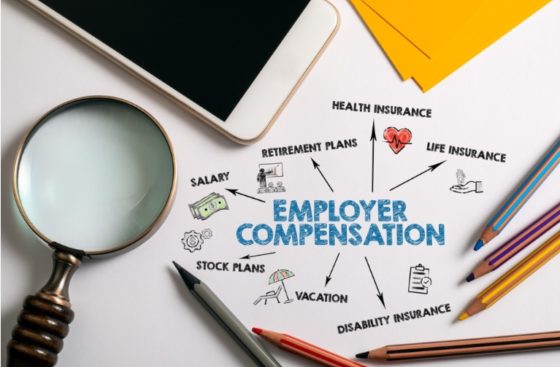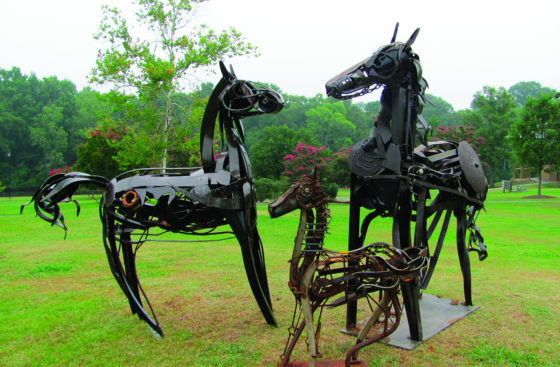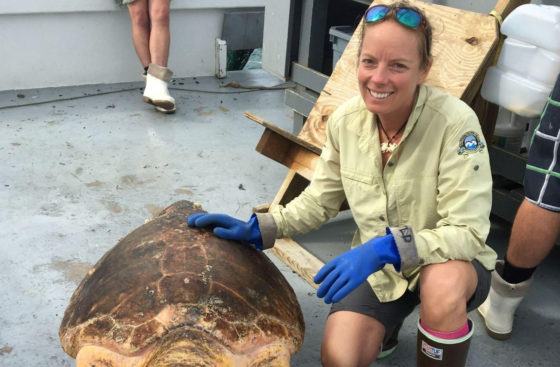In the Community
Prosperity for Breakfast
October 23, 2014Recently I was asked to speak at a morning meeting of Hilton Head Island’s newly formed Economic Development Corporation (EDC). When was the last time your own breakfast conversation was specifically directed at improving the local economy? What might change if it actually BECAME more frequent breakfast conversation among us all?
The direct engagement of community foundations in economic development services and programs is not typical. Generally, direct loans or grants to private businesses are not considered charitable, and our mission and purpose focuses on charitable support. However, we can and have supported economic development activities in a variety of indirect ways. And it does, of course, depend on how one defines economic development: is it a traditional, narrow definition of strictly business attraction, retention and growth--or it is a broader definition that includes many areas within community development such has housing, arts and culture, education, public safety, environment, talent attraction, health and human services, regional amenities and tourism, workforce development and beyond? Many of the Community Foundation’s economic development activities would fall within this broader definition.
Many of our grants or initiatives have been related to creating or facilitating jobs or employability, training and workforce development, attracting residents to the area through improved low-income housing, education and services to the elderly or infirm, and attracting tourism and residents through arts, culture, and environment.
A few housing examples: Habitat for Humanity infrastructure, the Water Fund to eliminate the need for residential well water, and Project SAFE which has been used to bring sewer access to income-qualified homeowners. A few education examples: projects from pre-school through life-long learning—including investments at USCB and TCL; Boys and Girls Club facilities, and the new Children’s Center building. In each of these cases, education is a significant piece—but in some cases what is also provided is childcare support for working parents. And we must not forget our scholarship program and directory. And examples in art and culture: natural and cultural history efforts through the Coastal Discovery Museum, the Heritage Library Foundation, and the Mitchelville Preservation Project, and of course, our own Public Art Fund and Sculpture Exhibition, through which we have placed four pieces of sculpture on Hilton Head Island since 2010 with more on the horizon.
It could be argued that simply engaging more people in philanthropic endeavors, and thereby providing an increased flow of dollars from pockets and bank accounts to charitable efforts, and helping to build an increased volunteer workforce adding significantly to our GDP, could be shown to have a significant economic development impact.
I must confess to being hopeful about the potential impact of Hilton Head Island’s new Economic Development Corporation. I have long hoped for the possible formalization of a unified Island economic development strategy, which would draw on the knowledge and effort of all sectors including government, education, corporations and small business, nonprofits and philanthropy. I have envisioned a strategy that would lift all sectors and neighborhoods of our community, understanding that to leave out any group is to leave important assets, skills and abilities on the table—something none of us can afford. And as part of a Community Foundation whose “community” includes four counties, I have a strong desire to see this hoped for strategy to be eventually combined with our neighboring communities into a regional economic development plan. We have a responsibility to the region, which includes assuring jobs for local residents, but also transportation and services for those who may live elsewhere.
Consider how we might all help our economic development in ways heretofore unimagined. Who do you know who is connected to a company elsewhere that may be expanding—why should they not come here? To what regional or national or global organization do you belong, that might be convinced to have a conference or meeting here? What retiree—perhaps your neighbor or golf partner--has special skills or knowledge or a large circle of amazing friends who could expand our reach? How can YOU expand and grow economic development in our area, and in so doing, help all in the Lowcountry to live more generously?
Denise K. Spencer



